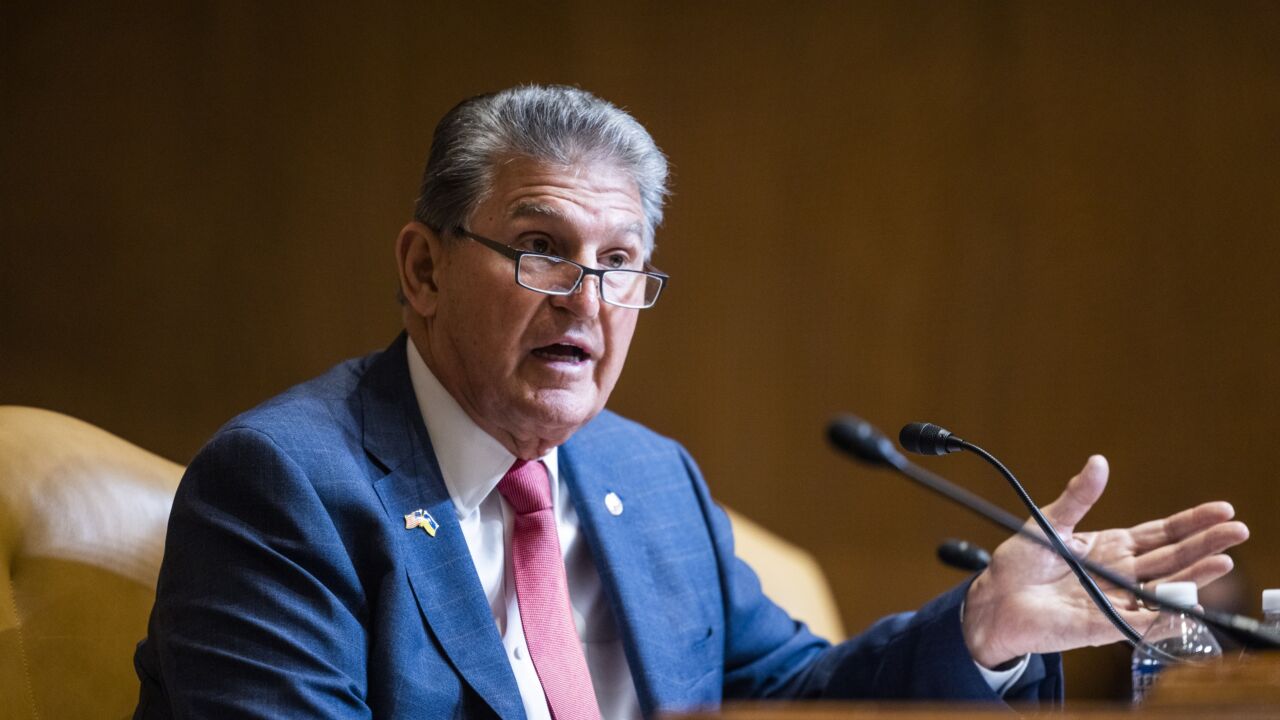Caitlin Devitt has covered the municipal bond market since 2008. She began her journalism career at the Herald Newspapers on the South Side of Chicago, starting as a reporter and rising to Managing Editor. While at The Bond Buyer, she covered the Detroit bankruptcy among other Midwest-based stories. Devitt joined Debtwire Municipals in 2016, where she covered the high-yield municipal bond market for five years, before returning to the Bond Buyer as Senior Infrastructure Reporter. She lives in Chicago with her family.
-
Suzanne Shank cultivated a startup into the largest minority- and women-owned investment banking firm in the country.
October 31 -
The $53 billion Army Corps of Engineers plan is the largest of hundreds of coastal protection projects launched since Superstorm Sandy swamped the area in 2012.
October 28 -
American Rescue Plan Act dollars amounted to around 22% of states' annual general fund budgets, according to a court filing from a trio of southern states fighting ARPA's restriction on tax cuts.
October 26 -
As issuers push against a financial disclosure bill pending in the Senate, some buy-siders say standardized disclosure would attract more investors and boost liquidity.
October 25 -
Massive mutual fund selloffs this year have returned the market to a pre-1976 investor landscape, when portfolios focused on individual demand, said MMA's Tom Doe.
October 21 -
If the IRA's tax credits prove popular for building clean energy projects, they may be expanded into basic infrastructure financing, said University of Chicago professor Justin Marlowe.
October 20 -
Variable-rate debt, tender option bonds and even prepaid gas bonds may stage a comeback in the current market, panelists at a GFOA conference said.
October 20 -
Any new legislation should fit the "unique" nature of the municipal bond market, Sanchez said.
October 19 -
The Federal Highway Administration mandates would "commandeer" state department of transportation authority, opponents say.
October 18 -
States and locals need to move fast to capitalize on the value of upfront funding provided in the infrastructure law, Biden administration officials said.
October 14 -
California is looking to pioneer the floating wind technology that's required in the deep waters where roughly two-thirds of the country's offshore wind potential exists.
October 13 -
The dollars mark the second of five years of increased state highway funding promised under the Infrastructure Investment and Jobs Act.
October 12 -
Jeff Davis, senior fellow at the Eno Center for Transportation, talks with Caitlin Devitt about how the midterm elections may affect transportation funding and policy. He discusses likely new chairs on key Congressional committees, legislation to look for next year and the potential spending gridlock if Republicans gain control. (27 minutes)
October 11 -
If Republicans gain control of the influential House T&I committee, expect investigations into the rollout and spending of infrastructure dollars.
October 6 -
The Department of Transportation's initiative will allow transit and transit-oriented development to cover 49% of project costs with a TIFIA loan.
October 4 -
Inadequate public governance drives up the costs of U.S. transit projects, Eno Center for Transportation said in a report.
October 3 -
The stopgap funding bill provides $4.5 billion of disaster recovery aid for New Mexico, Florida, Puerto Rico and more.
September 30 -
Legislation requiring standardized financial disclosure from issuers is attached to a must-pass defense bill, which narrows the window to fight the measure.
September 30 -
The electric vehicle charging program allocates the biggest chunk of federal funds to Texas, at $407 million. California is next in line, with $383 million. No other state receives more than $200 million.
September 28 -
The temporary government funding bill includes money for expected recovery needs from Hurricane Ian's landfall in Florida this week.
September 28




















